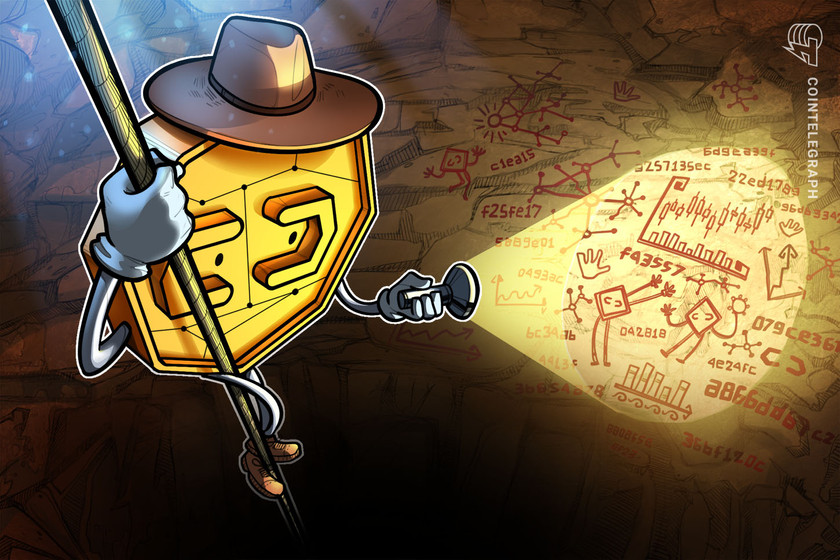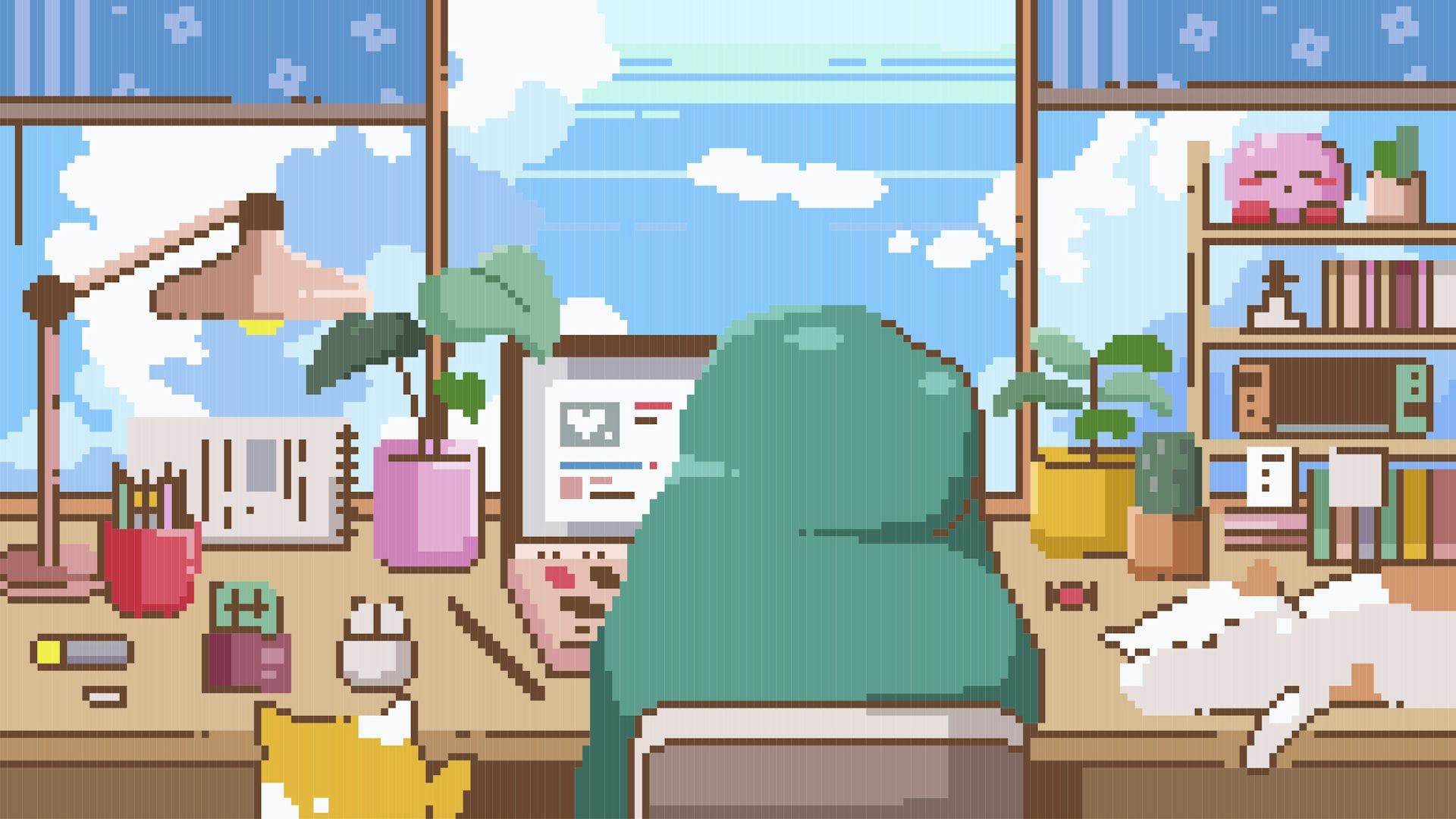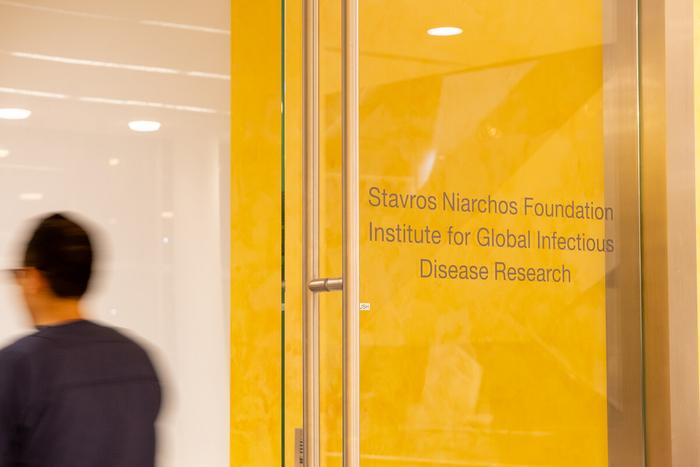From identifying the influenza virus that caused the pandemic of 1918 to developing vaccines against pneumococcal pneumonia and bacterial meningitis in the 1970s, combating infectious disease has a rich history at Rockefeller. That tradition continues as the Stavros Niarchos Foundation Institute for Global Infectious Disease Research at Rockefeller University (SNFiRU) caps a successful first year with the establishment of a new advisory board.
This international advisory board was created in part to give guidance on how to best use SNFiRU’s resources, as well as bring forward innovative ideas concerning new avenues of research, public education, community engagement, and partnership projects.
SNFiRU was established to strengthen readiness for and response to future health crises, building on the scientific advances and international collaborations forged in the context of the COVID-19 pandemic. Launched with a $75 million grant from the Stavros Niarchos Foundation (SNF) as part of its Global Health Initiative (GHI), the institute provides a framework for international scientific collaboration to foster research innovations and turn them into practical health benefits.
SNFiRU’s mission is to better understand the agents that cause infectious disease and to lower barriers to treatment and prevention globally. To speed this work, the institute launched numerous initiatives in its inaugural year. For instance, SNFiRU awarded 31 research projects in 29 different Rockefeller laboratories for over $5 million to help get collaborative new research efforts off the ground. SNFiRU also supports the Rockefeller University Hospital, where clinical studies are conducted, and brought on board its first physician-scientist through Rockefeller’s Clinical Scholars program. “One of the surprises was the scope of interest from Rockefeller scientists in using their talents to tackle important infectious disease problems,” says Charles M. Rice, Maurice R. and Corinne P. Greenberg Professor in Virology at Rockefeller and director of SNFiRU. “The research topics range from the biology of infectious agents to the dynamics of the immune response to pathogens, and also include a number of infectious disease-adjacent studies.”
In the past 12 months, SNFiRU often brought together scientists studying different aspects of infectious disease as a way to spur new collaborations. In addition to hosting its first annual day-long symposium, SNFiRU initiated a Young Scientist Forum for students and post-doctoral fellows to meet regularly, facilitating cross-laboratory thinking. A bimonthly seminar series has also been established on campus.
Another aim of SNFiRU is to develop relationships with community-based organizations, as well as design and participate in community-engaged research, with a focus on low-income and minority communities. To that end, SNFiRU is helping develop a research project on Chagas disease, a tropical parasitic infection prevalent in Latin America that can cause congestive heart failure and gastrointestinal complications if left untreated. The project will bring together clinicians practicing at health centers in New York, Florida, Texas, and California and basic scientists from multiple institutions to help the communities that are most impacted.
“The SNFiRU international advisory board convenes globally recognized leaders with distinguished biomedical expertise, unrivalled experience in pandemic preparedness and response, and a shared commitment to translating scientific advancements into equitably distributed benefits in real-world settings,” says SNF Co-President Andreas Dracopoulos. “The advisory board will advance the institute’s indispensable mission, which SNF is proud to support as a key part of our Global Health Initiative, and we look forward to seeing breakthroughs in the lab drive better outcomes in lives around the globe.”
The new advisory board will hold its first meeting on April 11th, 2024, following the second annual SNF Institute for Global Infectious Disease Research Symposium at Rockefeller.
Its members are: Rafi Ahmed of Emory University School of Medicine, Cori Bargmann of The Rockefeller University, Yasmin Belkaid of the Pasteur Institute, Anthony S. Fauci, the former director of the National Institute of Allergy and Infectious Diseases, Peter Hotez of Baylor College of Medicine and Texas Children’s Hospital Center for Vaccine Development, Esper Kallas of of the Butantan Institute, Sharon Lewin of the University of Melbourne Doherty Institue, Carl Nathan of Weill Cornell Medicine, Rino Rappuoli of Fondazione Biotecnopolo di Siena and University of Siena, and Herbert “Skip” Virgin of Washington University School of Medicine and UT Southwestern Medical Center.










































